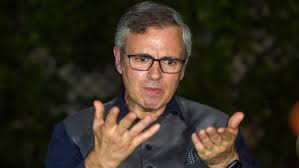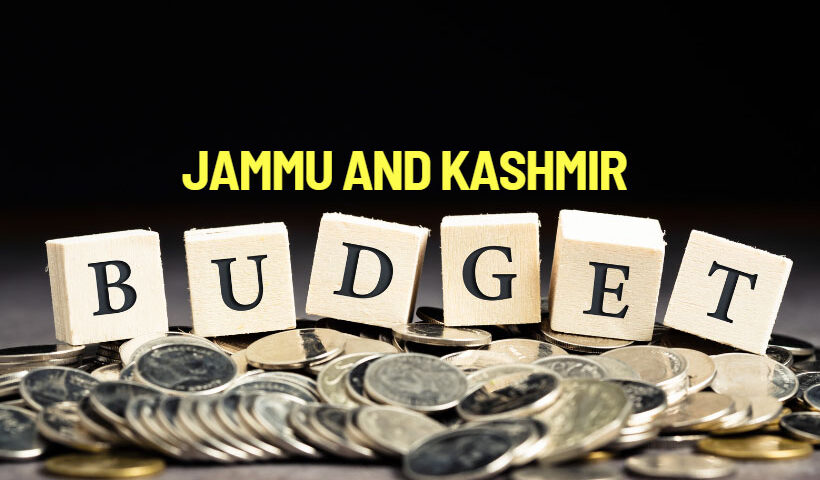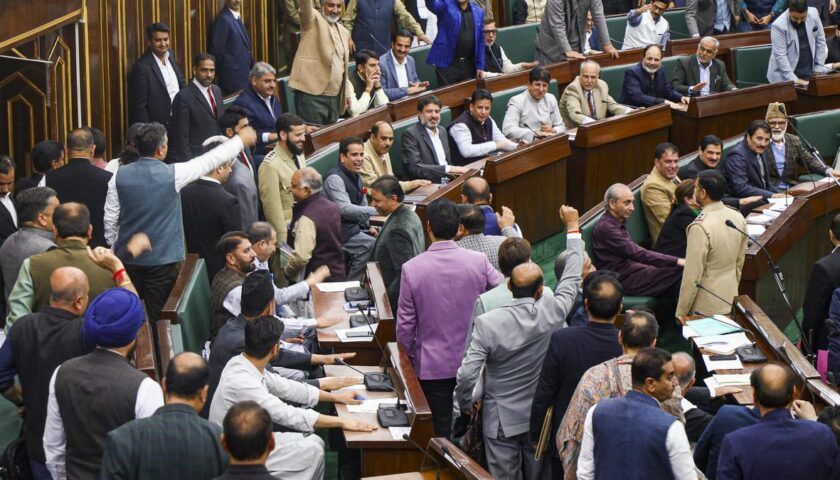Omar Abdullah Writes to 40+ Parties Urging J&K Statehood | Article 370 Anniversary
By: Javid Amin | Srinagar | 6 August 2025
August 5, Six Years Later
August 5, 2025, marked six years since the revocation of Article 370, a turning point in Jammu & Kashmir’s (J&K) constitutional and political history. Once again, the date has sparked passionate debates across the country—about democracy, regional dignity, and national responsibility.
On this symbolic day, J&K Chief Minister Omar Abdullah made a dramatic move that reignited the national conversation on statehood. He penned an open letter to over 40 political parties, urging them to unite in Parliament and pass legislation restoring full statehood to Jammu & Kashmir. But this wasn’t just political theatre—it was a well-timed constitutional appeal wrapped in urgency and clarity.
The Letter That Stirred Parliament: Key Highlights
“Statehood Is Not a Concession, It’s a Correction”
In his strongly-worded letter, Omar Abdullah rejected the narrative that statehood is a “favor” to the people of Jammu & Kashmir. Instead, he described it as a “constitutional correction” that must be made urgently. He wrote:
“It would be a mistake to treat statehood as a reward or discretionary gift. This is about restoring what was unjustly taken away.”
This statement resonated widely with constitutional experts and political observers, many of whom have criticized the 2019 downgrade of J&K into a Union Territory as unprecedented and undemocratic.
A Constitutional Red Line Crossed
The former Chief Minister labeled the bifurcation and UT status of J&K as a “crossing of a constitutional red line.” He said it marked a “profound and unsettling” deviation from India’s democratic norms. No other state has been stripped of its status in this manner, and certainly not one with a historical special status under the Constitution.
Modi’s Unkept Promises: “Modi Ka Wada”
A Reminder to the Prime Minister
Abdullah’s letter reminded parties of Prime Minister Narendra Modi’s public assurances—specifically his promise to restore statehood, made multiple times since 2019. The letter referenced PM Modi’s visit to Kashmir earlier this year, during which he reiterated that statehood will be restored “at an appropriate time.”
But Abdullah called out the delay:
“The people of Jammu and Kashmir have already waited long enough. Promises made in Parliament and on public stages must not become hollow echoes.”
A Political and Moral Commitment
This part of the letter targeted the BJP’s narrative directly, challenging it to uphold its own “Modi Ka Wada” and provide a tangible legislative roadmap for restoring democratic rights to J&K.
The J&K Assembly’s Unanimous Resolution
Passed Nine Months Ago, Still Ignored
In a lesser-known but crucial detail, Omar Abdullah’s letter referenced a unanimous resolution passed by the Jammu & Kashmir Assembly nine months ago, demanding immediate statehood restoration.
This resolution, according to Abdullah, was personally handed over to PM Modi—but has not seen any movement from the Centre. The Chief Minister raised this point to remind national leaders that J&K’s own elected representatives had already spoken in one voice.
A National Issue, Not Just a Regional Demand
Beyond Kashmir: A Test of India’s Democracy
Abdullah strategically broadened the scope of the appeal by stressing that this is not just a Kashmir-centric issue. His letter argued:
“No other region in India has been subjected to such prolonged disempowerment. This is about safeguarding the federal spirit and constitutional morality.”
By framing J&K statehood as a test of India’s democratic maturity, Abdullah shifted the burden from regional politics to national conscience.
Building Consensus Across Party Lines
His outreach to over 40 political parties, including Congress, AAP, TMC, DMK, NCP, Shiv Sena (UBT), CPI(M), JD(U), RJD, and even NDA allies like JD(S), is being seen as a strategic move to build a legislative consensus in both Houses of Parliament.
Why Now? Timing and Symbolism
The Sixth Anniversary of Article 370 Abrogation
August 5 is a politically and emotionally charged date for J&K. It was on this day in 2019 that the region lost its special status, statehood, and legislative autonomy.
Omar Abdullah’s timing was no accident. By choosing this anniversary, he sought to reclaim the date—not as a celebration of central power, but as a call for constitutional repair.
A Calculated Political Move
Political analysts suggest this move signals:
-
Abdullah’s return to national-level political engagement
-
His attempt to corner the BJP on its own promises
-
A larger push to galvanize opposition unity ahead of possible legislative action by the Centre
Political and Public Reactions
Ripples Across Parliament
The letter sparked heated discussions in Parliament, with opposition benches demanding clarity on the Centre’s roadmap for J&K. Leaders like Rahul Gandhi and Sharad Pawar expressed support for the appeal, while others, including Amit Shah, remained non-committal.
Civil Society and Public Discourse
In civil society, the letter reignited debates around:
-
The legality of the 2019 abrogation
-
The ethics of governing J&K through unelected bureaucrats for so long
-
The Centre’s silence on statehood despite repeated commitments
Hashtags like #RestoreStatehood, #ModiKaWada, and #DemocracyForJammuKashmir trended across social media platforms.
The Parliamentary Math: Can It Succeed?
Opposition Numbers Rising
While the BJP still holds a majority in the Lok Sabha, recent shifts in Rajya Sabha and growing Opposition unity could make a resolution or bill politically feasible—especially if pressure from NDA allies mounts.
Challenges Ahead
The government is unlikely to move on this unless there’s massive political consensus or public pressure. Yet, by staging the appeal as a moral and constitutional obligation, Omar Abdullah is trying to change the terms of the debate from partisan interest to national duty.
Bridging the Past and the Future
Reclaiming Political Dignity
Omar Abdullah’s move is not just legislative—it’s symbolic. It represents Kashmir’s reassertion of its democratic voice, and a challenge to the Centre’s long-standing narrative of “development without democracy.”
A Shift in the Valley’s Politics
The tone of the letter—firm, constitutional, and pan-Indian—shows that mainstream J&K parties are no longer defensive. They are now openly demanding restoration, not as a plea, but as a right.
Bottom-Line: Will Delhi Listen?
The letter from Omar Abdullah is more than a political stunt. It is a carefully calibrated constitutional appeal, a demand for dignity, and a bold test of India’s democratic commitment. Whether Delhi chooses to respond with silence or legislation, this moment will go down as a pivotal point in the fight to restore statehood to Jammu & Kashmir.




